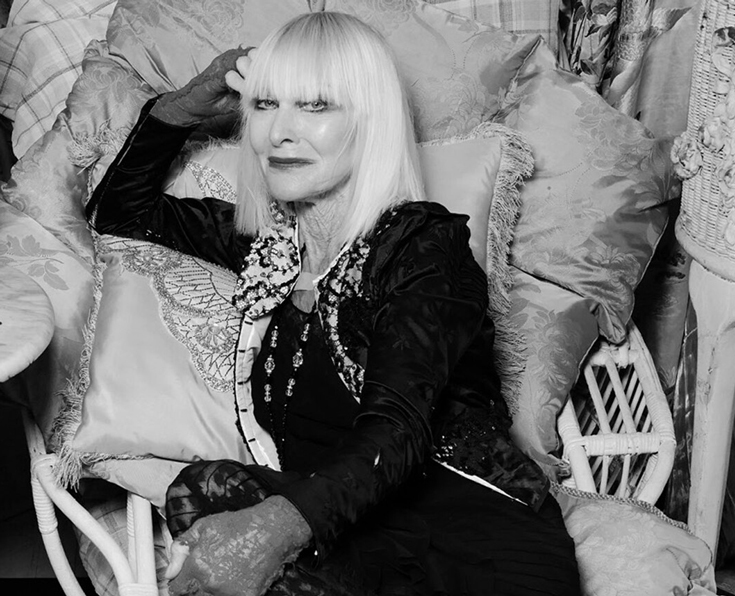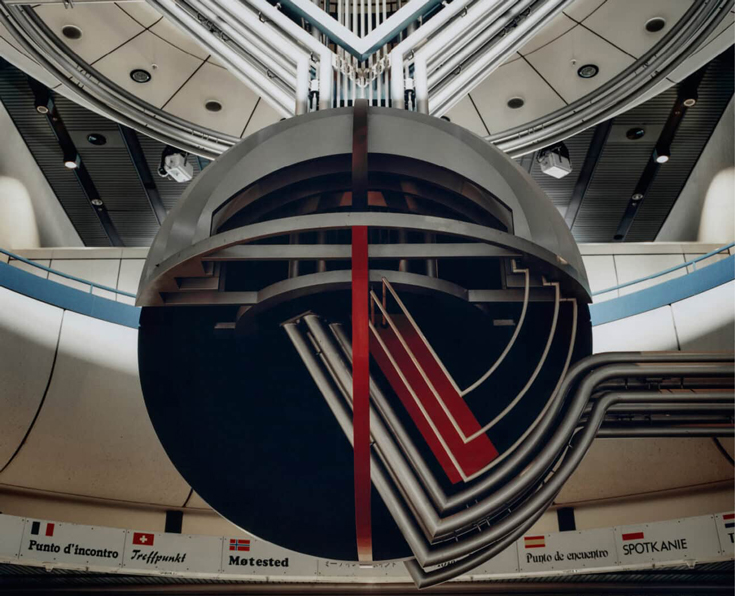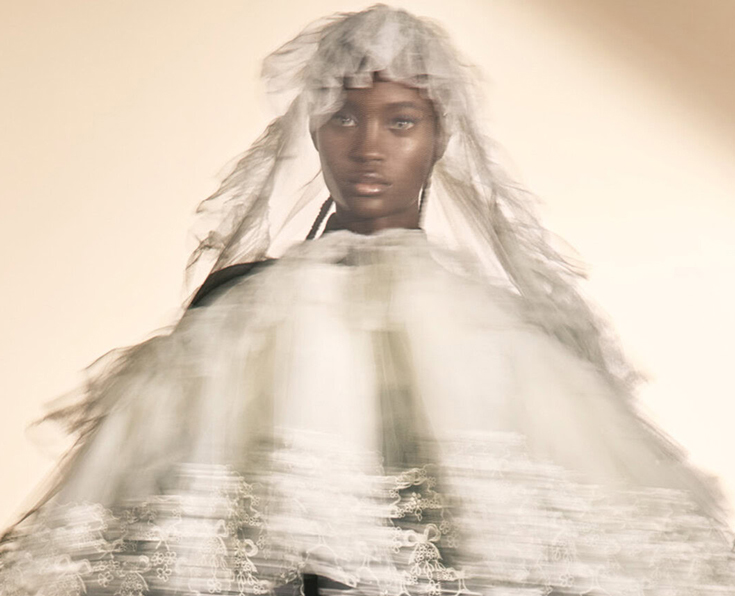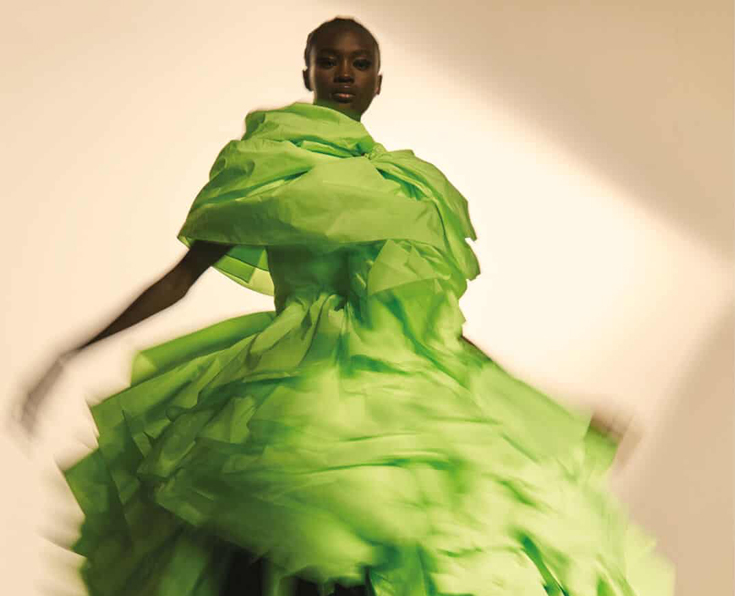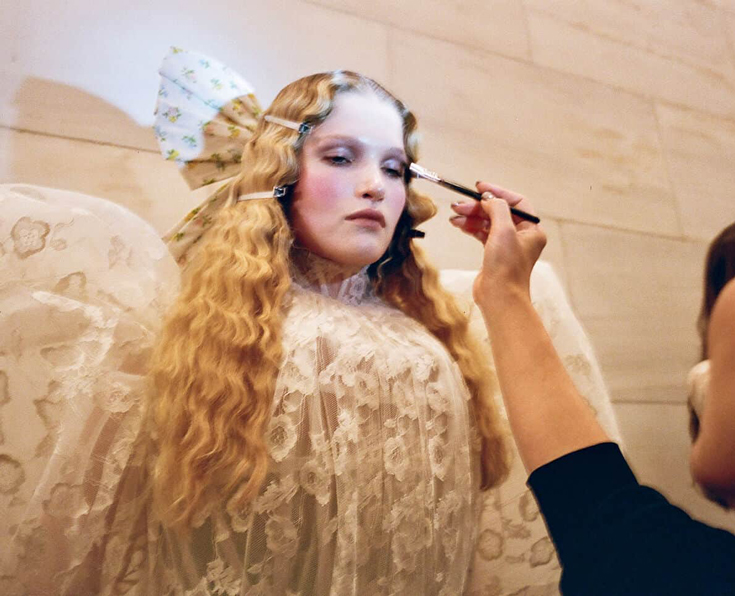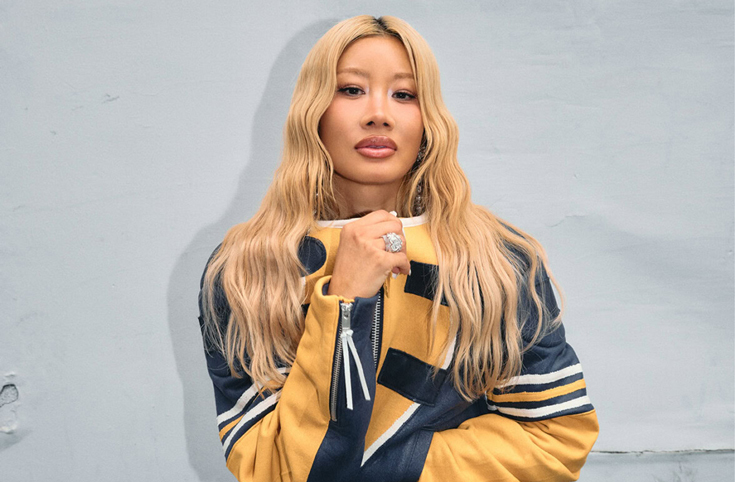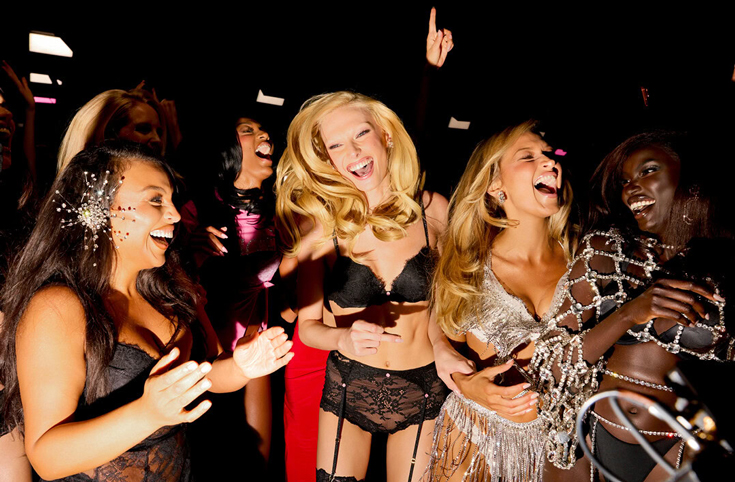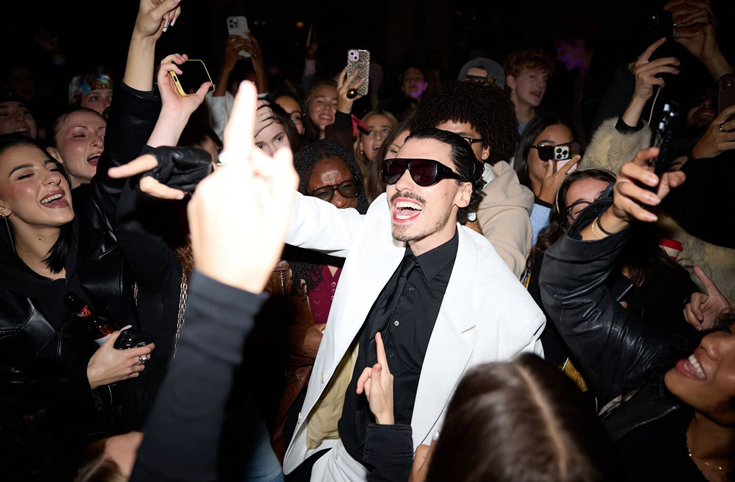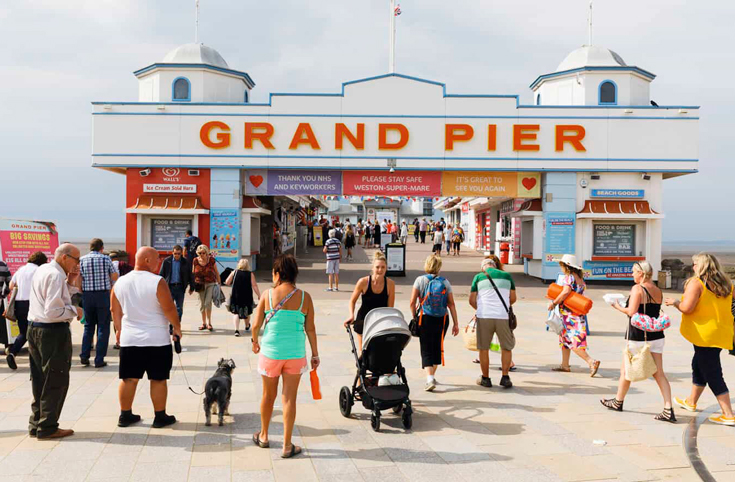TEN MEETS WILLIAM TREWLYNN

William Trewlynn is standing on the edge of the world, embracing change. He is fully invested in helping and educating his fellow Indigenous LGBTQ+ community. Through Calvin Klein’s support, BlaQ, the organisation that he founded with a group of friends is gathering momentum. On board.
Tell us about yourself.
“My name is William Trewlynn I am a proud Aboriginal man from the Anēwan and Nucoorilma people. I was born and raised out in Western Sydney. I’m one of five kids, I have an older brother and three younger sisters. I also look after my two beautiful nieces. I moved around throughout my early years and went over to the UK, where I got a really fond appreciation for Australia which moved me back. When I returned I started working in the not for profit sector for government. I spent probably 15 years there, I kind of got a bit stale because I knew I couldn’t make significant change because of bureaucracy. I went out and started my own business that then allowed me to do what I love, which is helping and supporting my community. From that I went on this adventure and started BlaQ with some good friends of mine as a collective response. I am ultimately a single dad now working multiple companies and a not for profit to support communities. This is my cultural obligation and my give back, which was instilled in me from my grandparents.”
Why were you motivated to start BlaQ?
“There were two motivations. The first was I was out on Oxford Street in January 2019, and I was with two of my good friends Kelly and Ashley coming home from a drag show, it was probably midnight it wasn’t too late… and we were talking to this young man was 19 years old and homeless and had no shoes and we started to have a yarn with him and found out he had experienced domestic violence in his house because he had come out as gay to his dad. And in that moment, I thought what the hell are we doing, why the hell is it that I have all these privileges and I’m not doing something about it. That was one of my main motivations in considering what was my role in doing something for my community.”
And the second?
“The second catalyst, Mardi Gras season when we as a community come together to produce the First Nations float in partnership with ACON. After 2019 we thought why do we wait each year until Mardi Gras to come together. Jessica Johnson, Jinny-Jane Smith, John Leha and I got together and it became a collaborative response in the need for bringing mob to be the narrator of their own story. We spent 6-8 weeks unpacking what does establishing an organisation look like. It literally was a collective response to us taking control and making sure that if I was to ever meet someone that young on Oxford Street again I would have somewhere to refer him. There was nothing for him and we all had our own reasons for wanting to do this. It’s been such a journey.”
What’s been the best part of this journey so far?
“One of the successes for BlaQ is how much visibility has been achieved giving platforms to people, sharing stories, kind of unheard of in this country. BlaQ is now on the Coalition of Aboriginal Peaks making sure queer mob are included in the closing the gap initiative - it’s the first of its kind in this country.”
In terms of the platform you have all created, do you think the government listening?
“Yes and no. It’s a double-edged sword. Yes, we have the ear of government and we’re advocating and lobbying but what we lack is… well, it’s such a new environment for people to engage in and it’s something that is going to require a cultural shift within not just government but within community as well. Because it hasn’t been there before. We’re fighting for not just authority but equity. In that, it causes a tension because we have a lot of growth to do as a community to understand the complexities of what it means to be Blak and queer - and Blak queer in regional/remote to Blak/queer in metro.”
Where do you think you’re most active as an organisation. Where is your support really felt?
“Unfortunately, because of COVID it has been mostly through social media and a lot of online presence, which is a shame because we as Blakfellas crave face-to-face connection. We have been extremely successful in staying connected in the community as a collective through the social media platforms we have. We spent eight weeks delivering food to our local community members in partnership with the City of Sydney and the National center of Indigenous excellence. We’re about to release care packages to all of our members.”
How did you feel when Calvin Klein offered support?
“It was a really nice feeling. And to my knowledge the first of its kind in the country that I can see. A big, global corporation like Calvin Klein not just partnering with an Aboriginal community grass roots organisation but donating $100,000 is such a huge commitment which I’m not convinced anyone’s really understood or acknowledged yet. It is profound, amazing.”
How has this helped your work?
“It’s given us stability and we have been able to employ a staff member, who is a young trans woman. It has given her an opportunity to get into a sector that she hadn’t been able to access before. This has been a real eye opener because actually BlaQ is so much bigger than just lobbying, it’s employment opportunities for our vulnerable community members too, it’s opportunities for us to engage, educate, grow and build the future leaders of queer leadership. Queer leadership is predominantly dominated by men and actually it’s so much bigger than all of that. I don’t think any of us, or Calvin Klein understood the impact when we said that we are using some of the funds to hire a trans community member who had struggled to get into the sector. Moving forward the funds are going to help us establish a Pride and Inclusion hub at our new office which we’ve just secured a lease for. That money will help us establish and create a safe space to run programs. That will be located in Redfern at the National Centre of Indigenous Excellence.”
Who inspires you?
“People inspire me in my community. Whenever I look for inspiration as to why I’m doing this I look to a particular elder Aunty Rusty, she’s a trans woman who says to us ‘you’re never going to keep everyone happy, if you’re doing it for the betterment of community and you keep that in your heart you will always succeed.'"
Two years since you first started BlaQ how does it feel looking back?
“I am proud in the sense we have established something that will be legacy for queer people across the country. It will create change for our queer community. I’m also nervous and anxious because the road ahead of us is so immense, it’s going to need a lot of support. It’s going to need a lot of work to bring community along with us. I’m just excited because you can clearly see that from a partnership with Calvin Klein there’s appetite for this kind of work and there are genuine organisations who want to help and that’s really exciting.”
If there are other corporations out there who want to invest but are nervous of getting it right, what would you say to them?
“Aboriginal people, we build connections based on relationships. I would recommend leaning into your uncomfortability and establish relationships with mob and BlaQ. When you establish those relationships, if you do put your foot in it, it becomes a lot easier to manage because you’ve got an established relationship built on trust and respect. I encourage anybody to reach out and establish a connection or with an organisation like BlaQ and in doing so, all the fear will be manageable because it’s built on that respect.”
Photography by Rob Hookey
Fashion Editor: Peter Simon Phillips
Grooming: Fernando Miranda
Wardrobe: Calvin Klein





